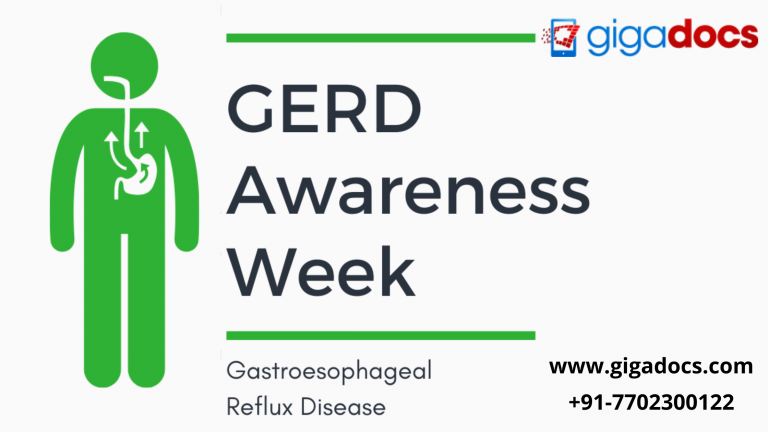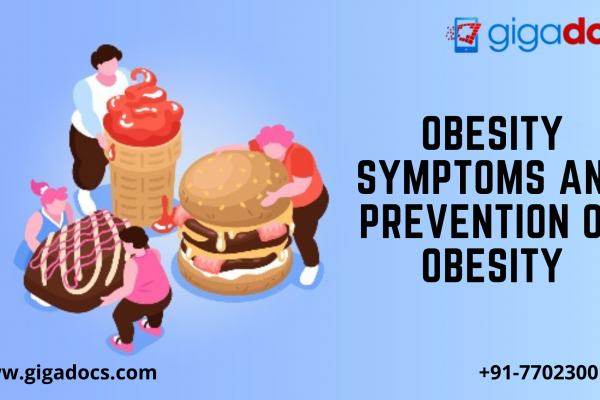Heartburn affects about 15 million adults each day, including many expectant mothers. You may get acid reflux indigestion or heartburn if you have GERD.
What is GERD?
The stomach and esophagus are called “gastroesophageal”. Acid reflux, also known as gastroesophageal reflux disease (GERD), is a condition in which the liquid content of the stomach refluxes into the esophagus, which can cause inflammation by damaging the esophageal lining.
Risk Factors for GERD
Recent research indicates that GERD in infants and children is more frequent than doctors previously thought. Acidity reflux can potentially lead to repeated vomiting in young children, besides it can also induce coughing and other respiratory complications. Besides, several factors can cause GERD including:
- Obesity or overweight
- Pregnancy
- Gastroparesis
- Rheumatoid arthritis
- Smoking
- Excessive consumption of certain foods and beverages, such as chocolate, fatty or fried foods, coffee, and alcohol
- Heavy and spicy meals
- Certain medicines, such as aspirin
GERD Symptoms
The most common GERD symptom is acid indigestion, also known as heartburn. It usually feels like a burning chest pain that starts below the chest bone and moves up to the neck and throat. In extreme cases of gastric acidity, many patients reported that they felt that what they had eaten returned to their throat, leaving an acidic or bitter taste. We all have felt this feeling at some point in time, haven’t we?
Furthermore, GERD heartburn can result in pressure or chest pain that goes for up to two hours. This pain usually worsens when a person is lying down or leaning over immediately after eating. However, many people find that standing up straight or taking an antacid relieves their gastric acidity symptoms. If not taken care, the following complications may aggravate GERD symptoms:
- Ulcers
- Nausea
- Breathing problems caused by bad breath
- Having difficulty swallowing
- Having difficulty swallowing
- Tooth enamel deterioration
- Lump in throat
- Asthma that develops quickly or worsens
- Sleep troubles
GERD and Heart Disease
Heartburn pain is frequently confused with the discomfort of heart disease or a heart attack, but there is a difference. While exercise may increase the discomfort associated with heart disease, rest may mitigate it. On the contrary, physical activity reduces the likelihood of heartburn pain. Thus, as a layperson, you will be unable to distinguish between the two. If you have any chest pain, we recommend that you get medical assistance immediately.
GERD Awareness Week
Overindulgence during the Thanksgiving holiday season frequently results in heartburn, bloating, and regurgitation. The difference between regular reflux and GERD is the amount of acid reflux you have. Whereas reflux symptoms that occur a few times a month are natural and usually do not require any special care other than the over-the-counter medicines, symptoms that occur several times a week or require daily medication are signs of GERD.
November 21-27 marks the Annual GERD Awareness Week. This week aims to highlight the importance of healthy living and how to keep gastric troubles at bay.
Gastro Treatment and Home Remedies
GERD treatment aims to reduce the quantity of reflux or minimize damage to the lining of the esophagus. GERD treatment works to control the acid reflux and simultaneously minimize the damage to the esophageal lining. Your doctor may suggest you take over the counter or prescription medicines to manage your acid reflux symptoms, which may include-
- Antacids: These medications can help neutralize the acid in the esophagus and stomach, thereby alleviating heartburn. Nonprescription antacids provide temporary or partial relief for many people. Long-term use of antacids can cause diarrhea, altered calcium metabolism (a change in how the body breaks down and utilizes calcium), and magnesium accumulation in the body. For patients with kidney problems, too much magnesium can be dangerous. Consult your doctor if you require antacids for more than two weeks.
- H2 blockers: For chronic reflux and heartburn, the doctor may prescribe drugs to lower stomach acid. H2 blockers, which help to limit acid output in the stomach, are among these medications.
- Prokinetics: In exceptional cases, these medications assist your stomach emptying faster, resulting in less acid left behind. They may also aid in the treatment of symptoms such as bloating, nausea, and vomiting. However, they can have adverse implications.
Gastro Care: Lifestyle Changes
Doctors recommend adopting a few lifestyle modifications that will alleviate your GERD symptoms, including:
- Avoid trigger foods and beverages: Avoid fatty foods, coffee, and alcoholic beverages. You should also avoid foods and drinks that can irritate a damaged esophageal lining, such as citrus fruits and juices, tomato products, and pepper if they induce symptoms.
- Eat fewer quantities: Eating smaller meals at mealtime may also aid in symptom control. Eating meals at least 2 to 3 hours before night also allows the acid in your stomach to decrease and your stomach to get partially empty.
- Consume slowly: Enjoy your meal, take your time with each meal.
- Chew your meal thoroughly: Setting your fork down after a bite may help you remember to do so. Pick it up again just after you’ve finished chewing and swallowing that bite.
- Stop smoking: Quitting smoking helps minimize GERD symptoms.
- Elevate your head: Raising the head of your bed with 6-inch blocks or resting on a specially built wedge allows gravity to reduce stomach contents reflux into your esophagus. It will help if you don’t use pillows to prop yourself up; this adds to the stomach’s discomfort.
- Maintain a healthy weight: Being overweight frequently worsens symptoms. Many people who are overweight find relief when they lose some weight.
- Wear loose clothing: Squeezing your waist puts pressure on your stomach and the lower section of your esophagus, it’s time to say no to that skin-fit jeans.
Severe GERD Diagnosis with Gigadocs
If you have severe, long-term esophageal reflux, or if your symptoms do not improve with treatment, you may require tests to get a more accurate diagnosis. Your doctor may use endoscopy and pH testing to determine how much acid is in your esophagus during meals, activities, and sleep.
Though acid refluxes are quite common, you should not ignore the symptoms because they can cause long-term harm to the stomach and esophagus. Consult the best gastroenterologist around you with the Gigadocs app and enjoy the Holiday season guilt-free. Download the Gigadocs app from-
- IOS App – apple.co/2W2iG4V
- Android App – bit.ly/33AQoRC
To know more and schedule a Virtual Consultation demo, e-mail at info@gigadocs.com




